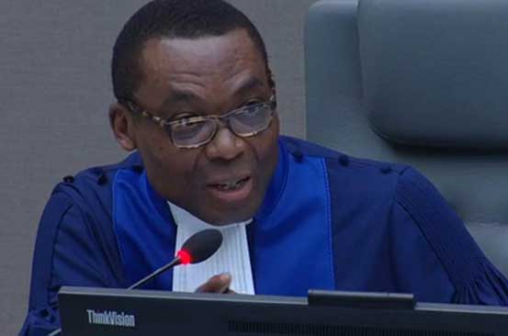×
The Standard e-Paper
Home To Bold Columnists

Discord between two ICC judges who dismissed the case against Deputy President William Ruto and journalist Joshua Sang has thrown the prosecution and victims grappling over the way forward.
The two judges-- Chile Eboe-Osuji and Robert Fremr --disagreed on many issues of consideration in potential appeal or reparation applications. They however agreed that continuation of the case as was “would be a waste of time.”